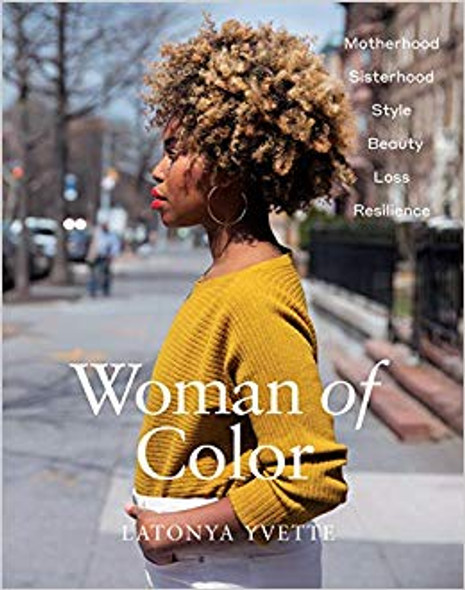Description
One hot day in June 1970, twenty-one-year-old Patrice Gaines stared through a narrow jail cell window at her baby daughter cradled in the arms of her grandfather on the street below. She called to her daughter, but she couldn't hear her through the thick barred glass. She waved, but her little daughter didn't know where to look to find her mother. In that moment of supreme isolation and loss, Patrice Gaines became determined to make something of her life. Starting out as an unwed mother with a drug rap, a black woman in an America that honored neither blacks nor women, she would have a hard and painful journey. Laughing in the Dark tells how Gaines became a woman her daughter could be proud of - a woman capable of both independence and love. "When you're a black child in America, " Patrice Gaines writes of her growing-up, "your inclination is to feel powerless - and you will in fact lack power, unless someone intervenes to teach you how to possess it. I had already bought into powerlessness. Being a black girl-child meant I had about as much influence in the world as there was in my itty-bitty finger, or as much as I saw my mother hold in our family. I grabbed hold of these young men that other people called thugs, hustlers, or hoodlums. They were my power - and my freedom. What did I know about the power within me?" From her early years as a military brat and her segregated schooling in the South, from her sad and fearful encounters with wrong and damaged men, from the depths of rape, drug abuse, and prison - Gaines has risen to become an award-winning reporter for the Washington Post: a strong, capable, and confident woman who has grown from a powerless little "colored girl" into apowerful and loving woman of color. Her book, she says, is for "those young sisters" she witnesses on her newspaper beat, who live the life she once had. "I want them to know that no matter how low they fall, they can get back up; no matter how many times they stumble, they can stil






